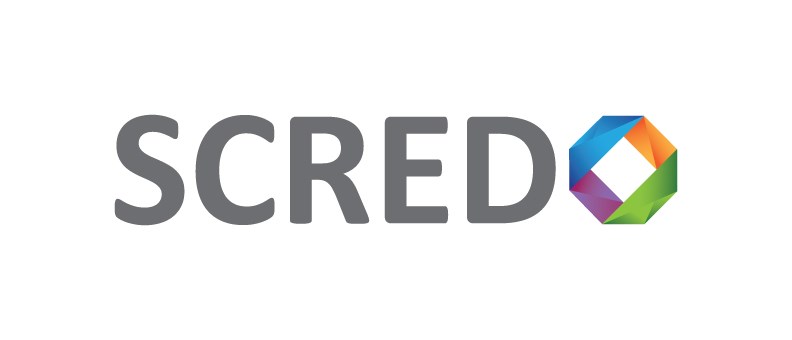The Sunshine Coast Regional Economic Development Organization (SREDO) is predicting the expansion of the FUSE co-working spaces will be its biggest single investment since the agency started receiving funding from local governments.
SCREDO board members and program manager Chris Hergesheimer met with local government officials Feb. 25 to deliver the agency’s latest progress report.
The FUSE project started with the acquisition of the Gibsons co-working space last summer.
“By the end of May our FUSE network will extend all up and down the Coast,” Hergesheimer said.
The space at Teredo Square in Sechelt is due to open by mid-March.
A new, larger, Gibsons location in a the Town-owned building on North Fletcher that used to hold the Vancouver Coastal Health offices and a space in Madeira Park at the Harbour Spirit building will both open within the next two months.
The budget for renovating the new locations and running the FUSE network is set at $90,000 for the first year, and SCREDO is anticipating around $32,000 in revenue from monthly memberships.
FUSE is part of SCREDO’s package of “workforce development” projects, which also includes Sunshine Coast Advantage, scheduled to launch this week with a budget of $40,000.
SCREDO is working with local chambers of commerce, Capilano University, the Open Door Group and organizations like Sunshine Coast Tourism on the initiative, which Hergesheimer described as a “service and leadership training program.”
“We want the Sunshine Coast Advantage to be the quality of our workforce and that you want to move your business, you want to invest here because we have the best trained workforce who’s always being invested in by their employers and we really want that to stand out as the advantage,” he said.
Another major budget item for SCREDO has been projects geared toward “business retention, expansion and attraction,” including the business round up – a census of the existing businesses on the Coast. So far, 1,600 businesses have been added to the database, and 147 of them have been interviewed.
“We are starting to learn a bit about some of the challenges that we face and hopefully as that information pool builds we’ll be able to tailor some of our programming to help more accurately reflect the needs emerging from the community,” Hergesheimer said.
SCREDO is also one of the lead organizations behind a March 7 forum on workforce housing called “Creating livable futures on the Sunshine Coast” to be held at the Seaside Centre in Sechelt.
Hergesheimer said the goal is to find ways to build “housing that’s more in line with the wages that we currently have here on the Sunshine Coast.”
Hergesheimer said SCREDO is also looking to set up a “development process review commission.”
He said the idea would be to meet with developers to find out about the “pain points” they have in working with local governments and sit down with local governments to hear their challenges in working with developers and “help bridge that gap.”
Gibsons Mayor Bill Beamish raised SCREDO’s potential role in preparing the Sunshine Coast for the local cannabis industry’s move out of the pre-legalization grey areas into the conventional economy.
The Gibsons Chamber of Commerce started to look at those issues with a 2016 snapshot of the local cannabis industry, but didn’t go any further.
“The reality is we’re going to have a cannabis economy, just like we do now with breweries and things of that nature,” Beamish said, suggesting SCREDO could coordinate a feasibility study similar to the one commissioned by the Town on passenger ferry service.
SCREDO gets approximately $291,000 per year in funding from local governments, under an agreement that expires in 2021.
Board member Celia Robben said the organization banked much of its first year’s funding, which will allow it to spend more than $300,000 in the current program year, which ends Aug. 31.
Between Sept. 1, 2017 and Aug. 31, 2018, SCREDO spent $160,243, with $47,532 of that going to administrative costs.
For this year SCREDO has budgeted roughly $336,000 in expenses, which as well as the FUSE project includes $139,400 on workforce development projects and $57,000 on business retention, expansion and attraction efforts.
Robben said the board has a target of spending 60 per cent of its yearly funding on programs.



